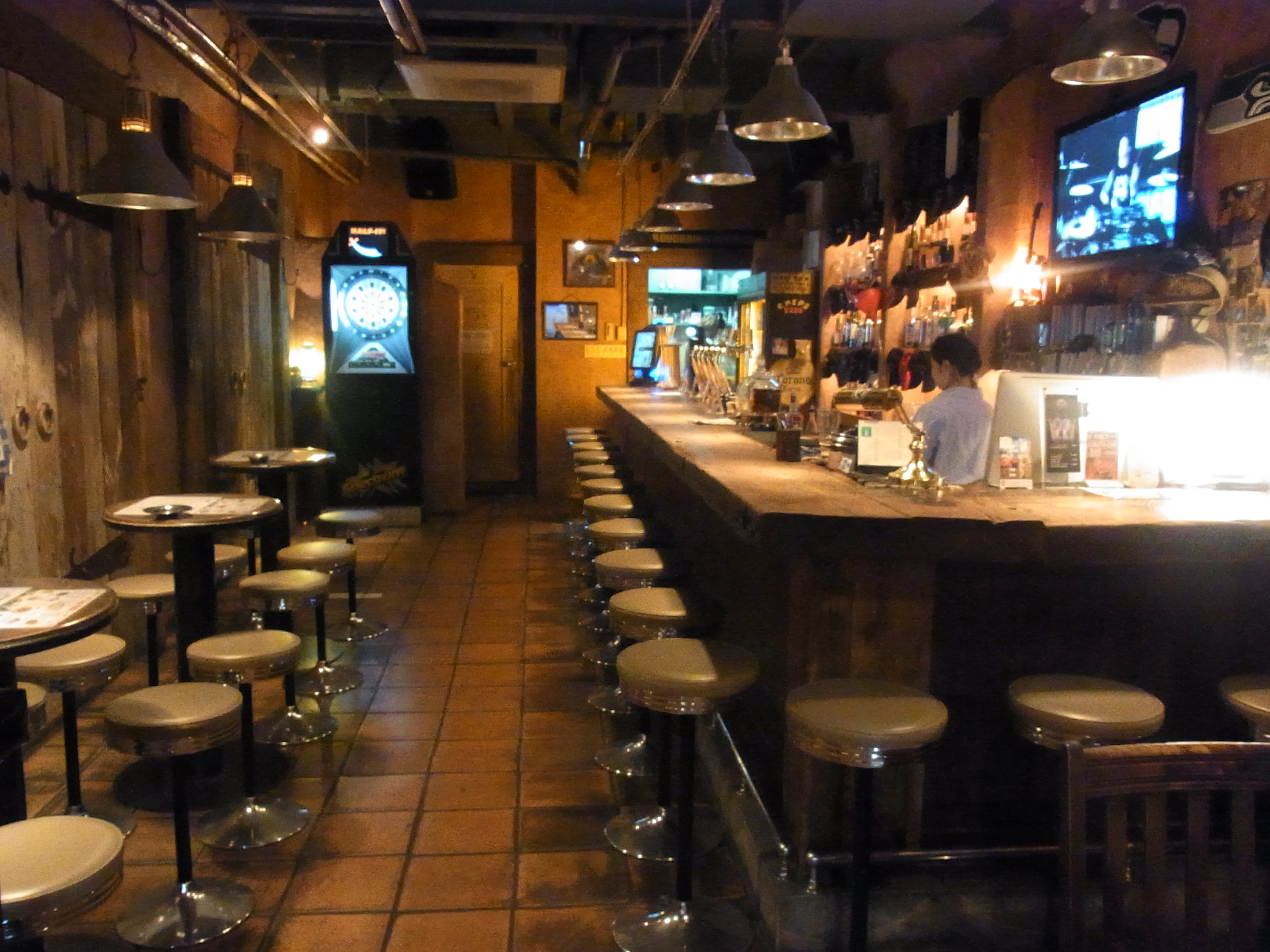The U.S. Navy partially lifted an alcohol ban for sailors in Japan on Thursday but kept in place an order banning them from drinking in bars off base.
It relaxed a June 6 measure that confined many sailors to base and banned the consumption of alcohol after three drunken-driving cases in late May and early June, two of them in Okinawa and one in Nagasaki Prefecture.
"The temporary restriction on alcohol was not intended to be a punishment, nor was it ever intended to be permanent," said Rear Adm. Matthew Carter, commander of U.S. Naval Forces Japan. "We took this pause to train and reflect on the dangers of alcohol abuse. We must all be on the lookout to step in before alcohol-related incidents jeopardize our relationship with Japan."

















With your current subscription plan you can comment on stories. However, before writing your first comment, please create a display name in the Profile section of your subscriber account page.